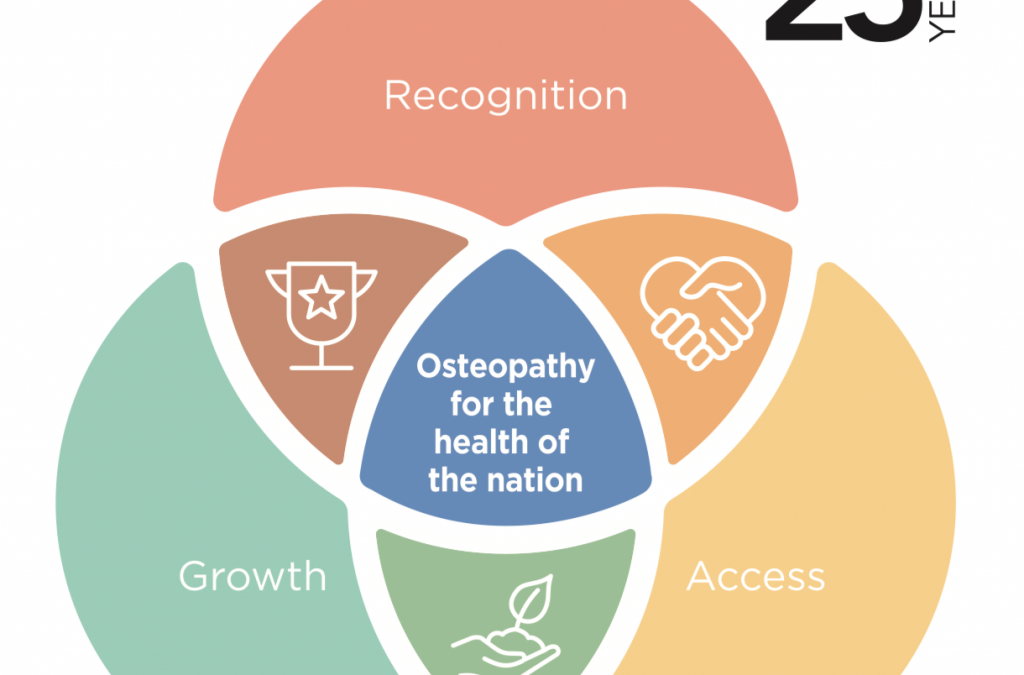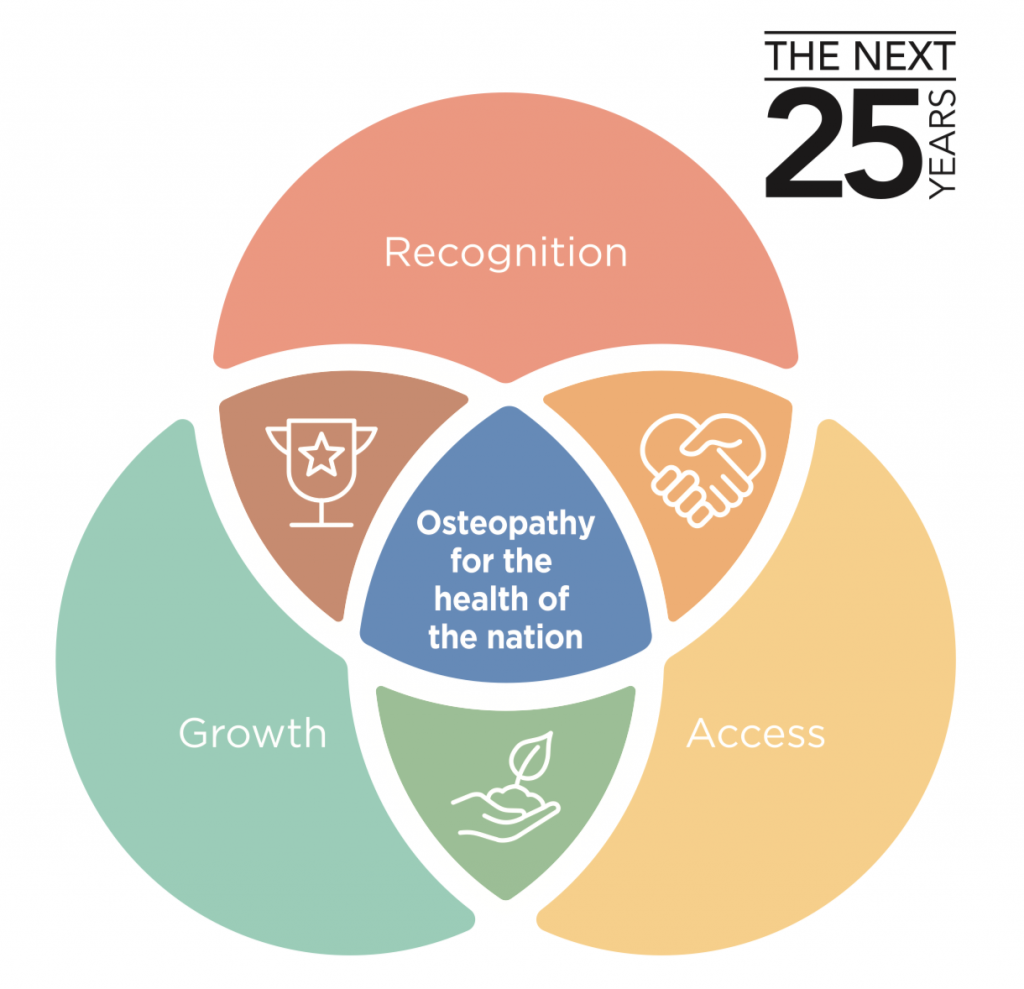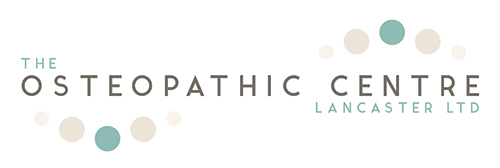by Mary Vale | Dec 31, 2020 | Latest News
Katie’s baby Freya was born on December 10th weighing 6lb 13oz. After a straightforward delivery, mum and daughter were soon home and continue to thrive!
by Mary Vale | Nov 20, 2020 | Latest News
In January Mary attended Trauma Training run by Dr Vanetia Young who was a GP in Carlisle in the 70’s.
First Dr Young talked about patients who attend their GP frequently, who often have multiple co-morbidities and whose symptoms are not always explained medically. The top 5% of frequent attenders are often in contact with mental health services which might be explained by anxiety and health-related anxiety which have been identified as major drivers of patients’ frequent use of GP services.
Once a physical health screen has been carried out and ruled out physical health causes for symptoms, the health care practitioner may then consider ”The Stress Cycle” in explaining symptoms. Stress is a major contributor to frequent use along with health-related anxiety and can contribute to a range of symptoms that patients present with.
The ”Stress Cycle” is powered by adrenaline which is the fight or flight hormone which can be released when we are tense, stressed or tired. This response is automatic, it’s part of how we evolved. It helps us in an emergency situation – keeps us going against the odds. In today’s world when you are dealing with a crisis or a difficult problem, the same response occurs and helps us through, but if you have spent months looking after mum who has dementia, or dad who is dying, the levels of stress and anxiety don’t have a chance to return to normal and the high levels of adrenalin don’t down regulate. The impact of this is that it turns inward on us, causing a variety of physical symptoms, e.g. tightens muscles, increases heart and breathing rate, make us feel tired, which then makes us less resilient, and we can easily end up in a vicious cycle that can be difficult to break out of.
The effects of adrenaline on the body are wide ranging: sweating, palpitations, increased breathing rate, and stimulation of the brain (arousal, hypervigilance, and alertness). Overbreathing lowers carbon dioxide, which increases muscle tension. This could happen in any muscle but is especially noticeable in the small muscles controlling the intestines, the esophagus, the bronchi, and the bladder. Spasm in any of these areas could cause neck pain, back pain, irritable bowel, indigestion, and irritable bladder.

by Mary Vale | May 12, 2019 | Latest News

Our practice was invited to join one of a series of events to share our views on these ambitions and be part of shaping the future of the profession. We shared our ambitions for osteopathy: universal recognition and access to a growing and thriving profession. During the road show we developed and shared a five-year strategy, considering the challenges that need to be addressed, and the opportunities that are opening up to us as an Allied Health Profession.
https://www.iosteopathy.org/wp-content/uploads/2019/04/OT-April-2019-Rev.pdf
Let’s build a growing and thriving profession, accessible and recognised by all



